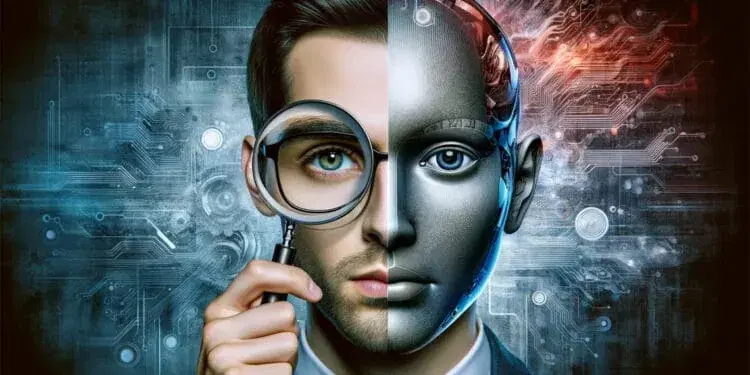A new study found that people are more likely to believe an image is real if they see it more than once, even when it was created using artificial intelligence (AI).
Israel’s Tel Aviv University said in a statement on Tuesday.
The study, published in the Journal of Experimental Psychology: Learning, Memory, and Cognition, found that repeated exposure to the same image increases the perception of its truthfulness.
According to the team, which included researchers from Israel, Germany, Belgium, and Spain, these results raise concerns about the impact of visual misinformation on social media and its influence on public perception.
The study is based on a known psychological principle called the repetition effect, which suggests that the more frequently people are exposed to a piece of information, the more believable it becomes.
The researchers wanted to see if this applied not just to text but also to visual content, especially images made with AI.
Participants in the study were shown a series of images that included both real photos and AI-generated ones.
Some images were shown again later, and participants were asked whether the images represented real events or objects.
As it turned out, images seen more than once were more likely to be judged as real.
The effect was even stronger among people who described themselves as sceptical, suggesting that repetition can sway even those who are typically more discerning or cautious.
The researchers warned that in today’s digital world, repeated exposure to false images can create a misleading sense of reality, highlighting the urgent need for greater awareness and critical thinking when it comes to visual content online. (Xinhua/NAN)
The post Study: AI images seem more real after repeated viewing appeared first on Vanguard News.

